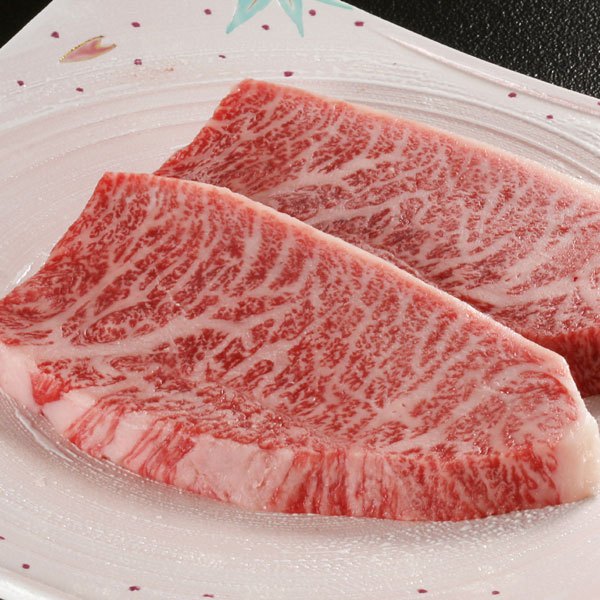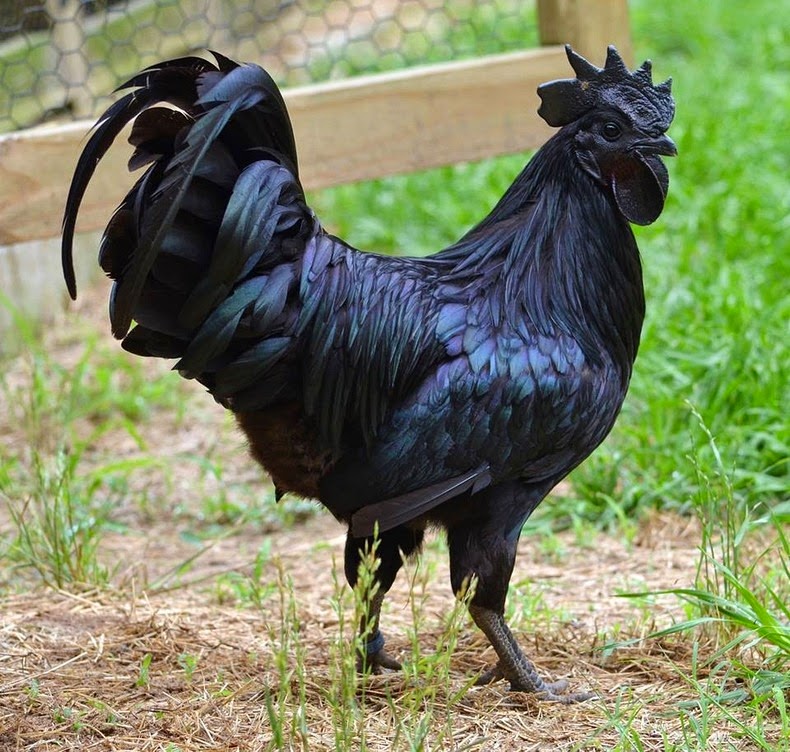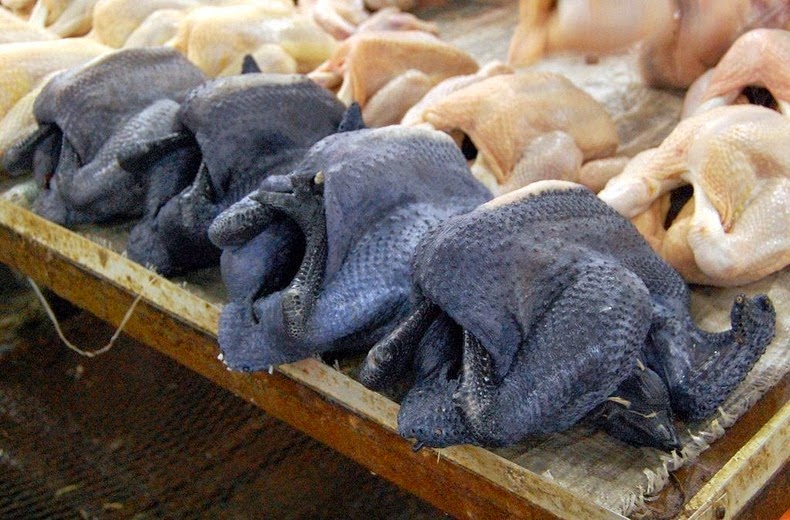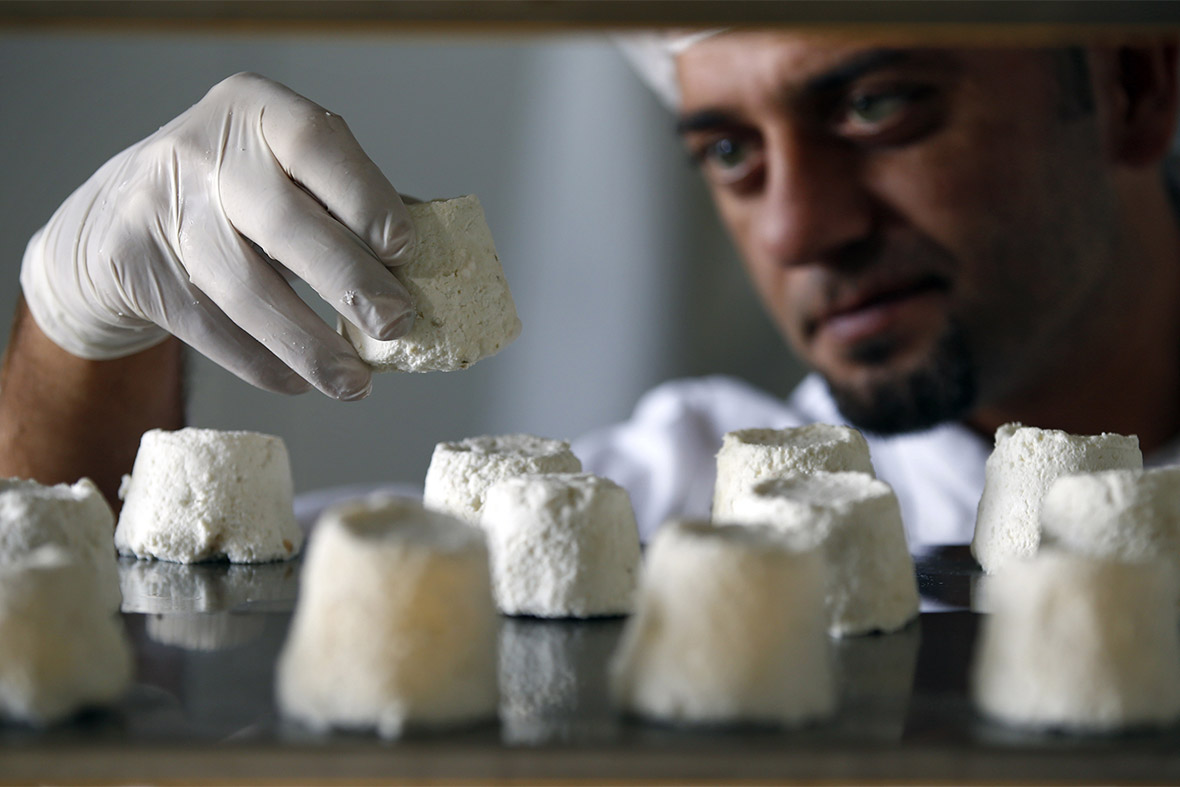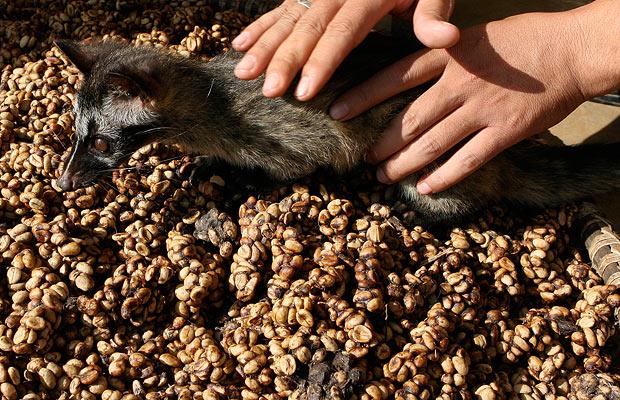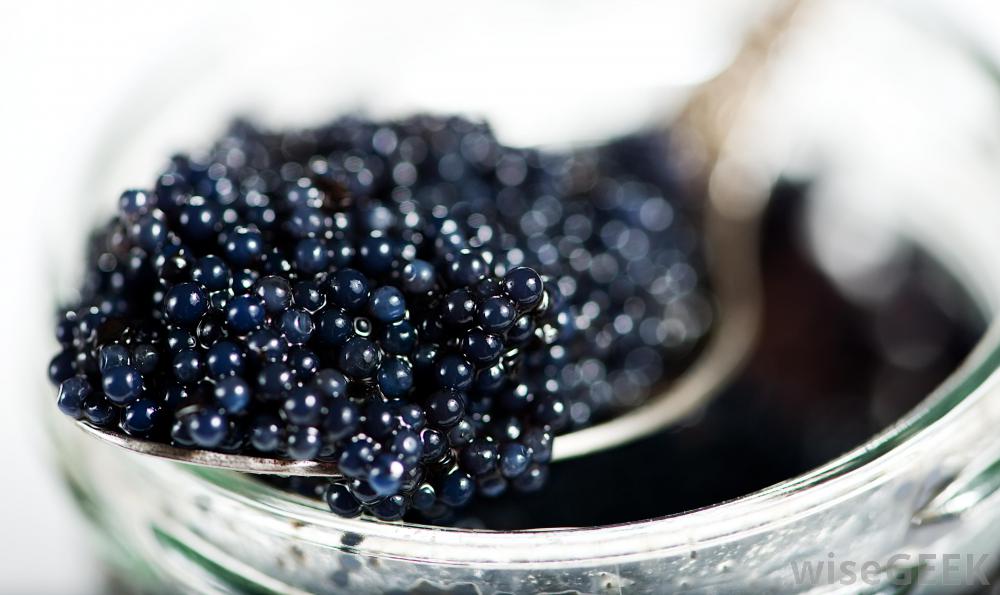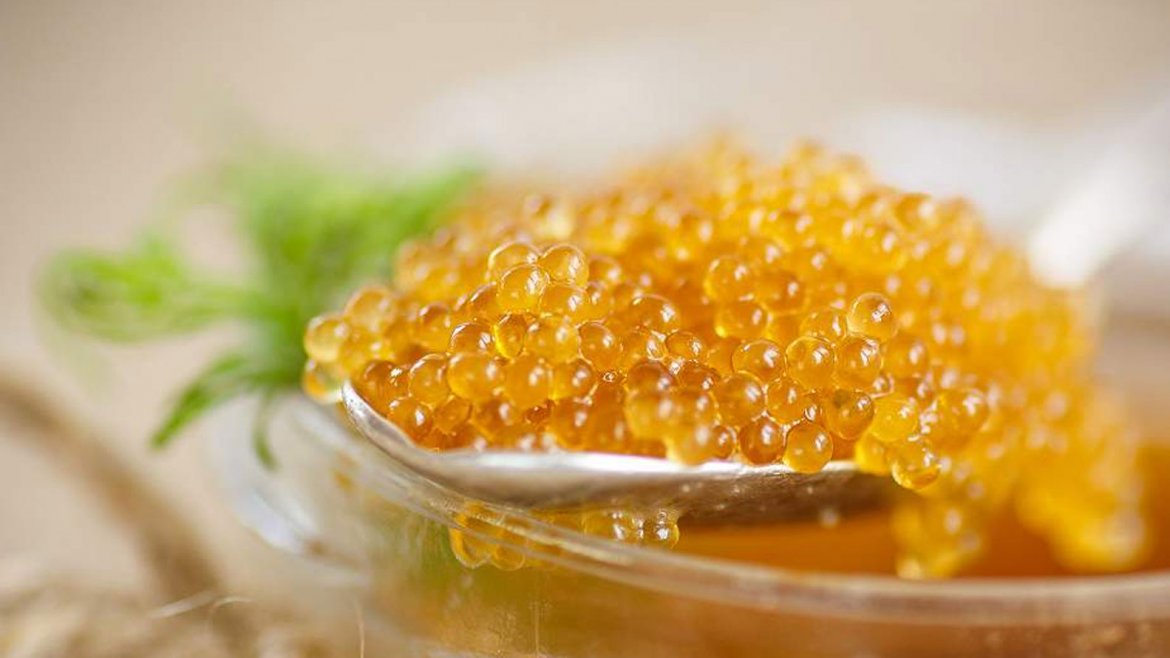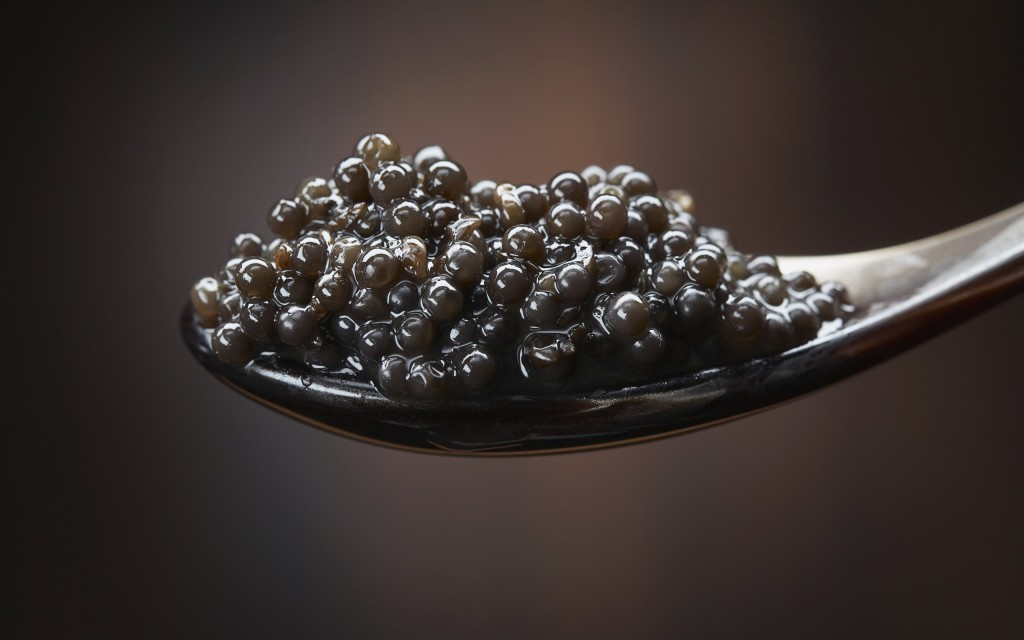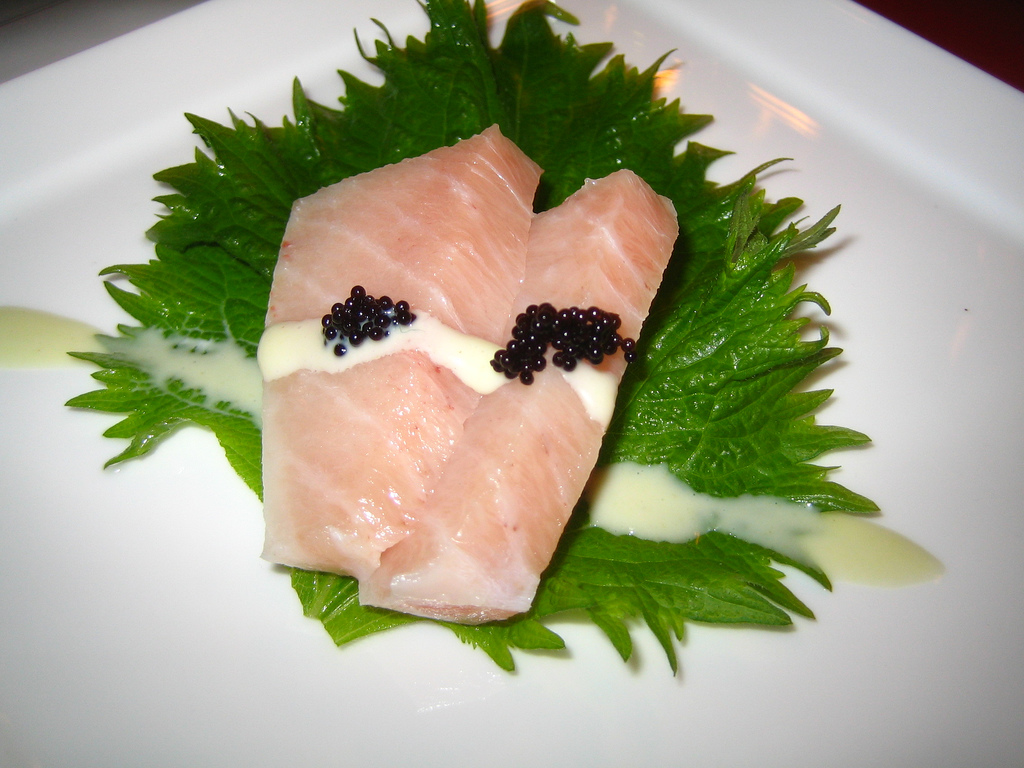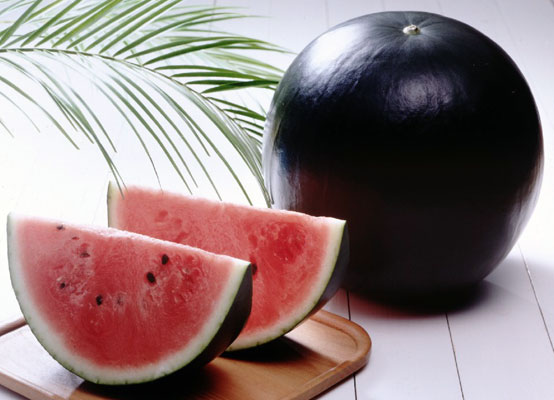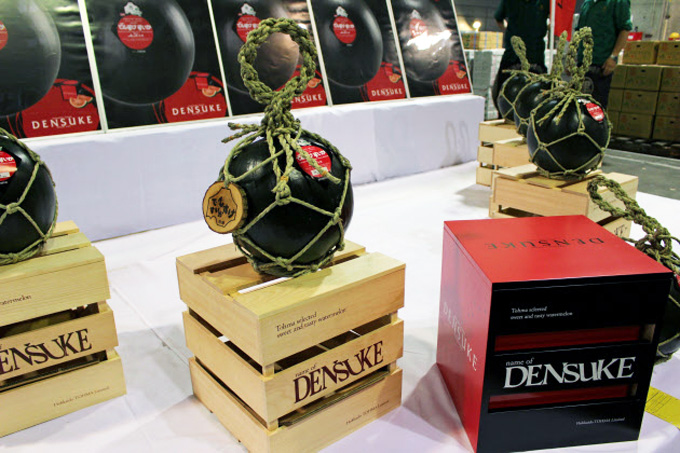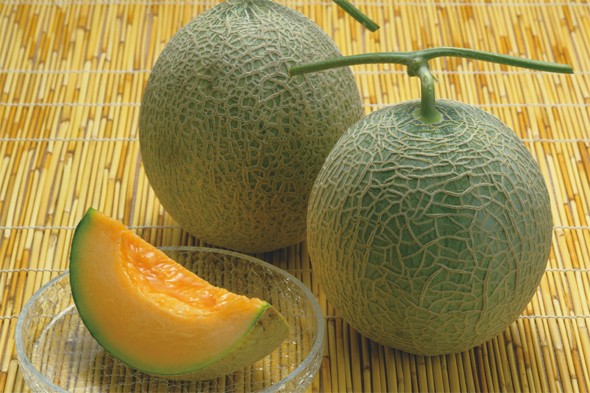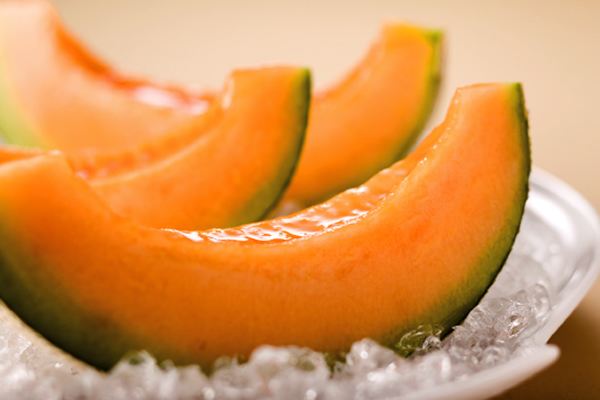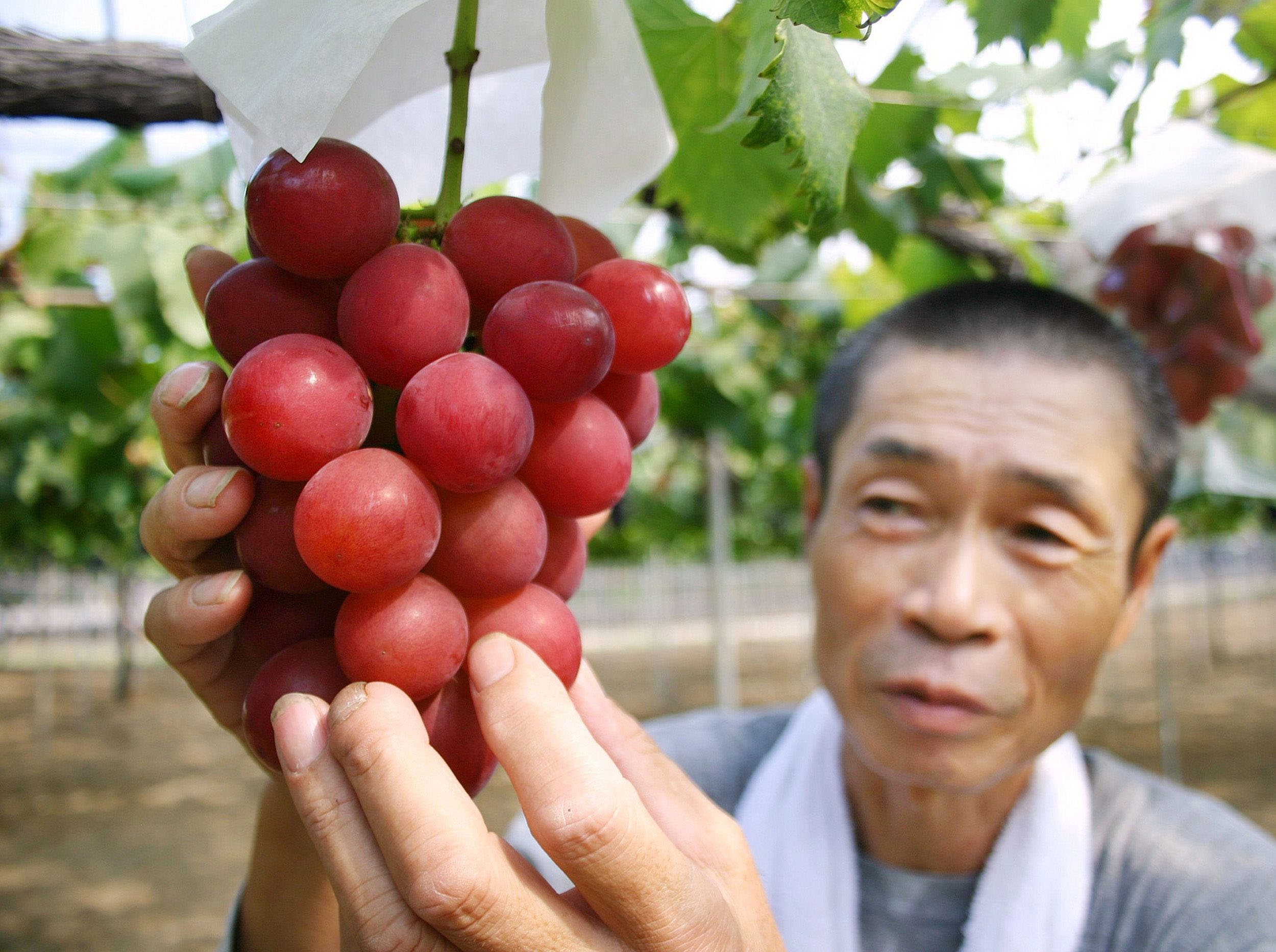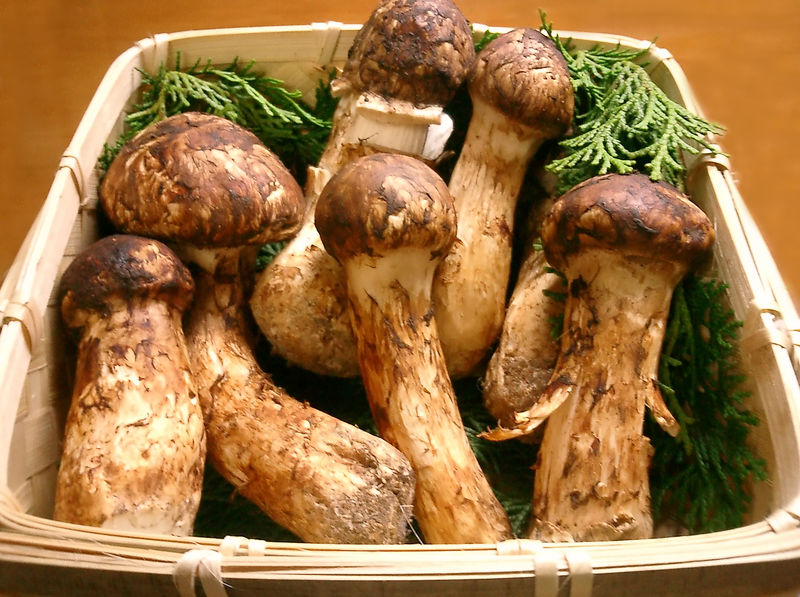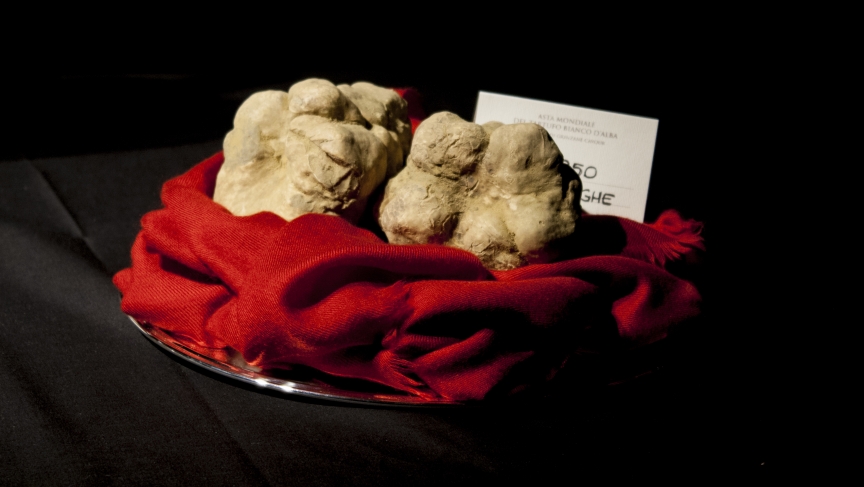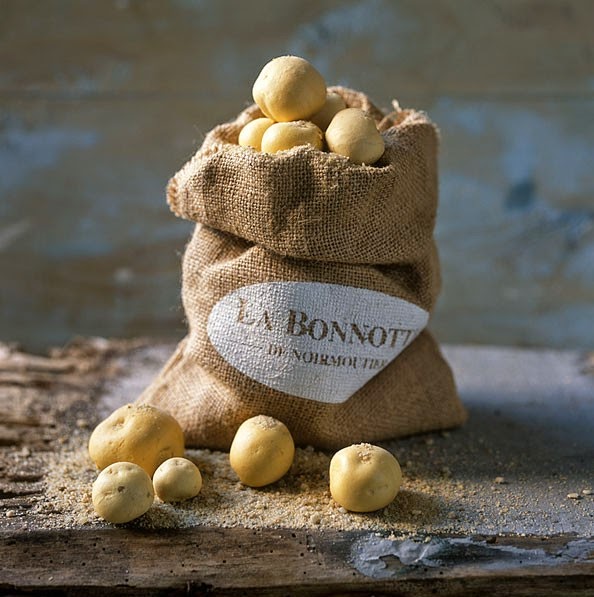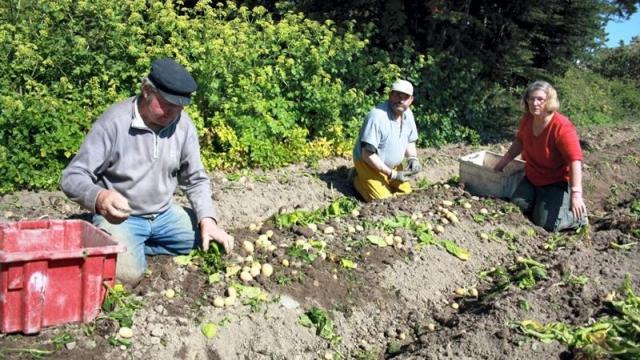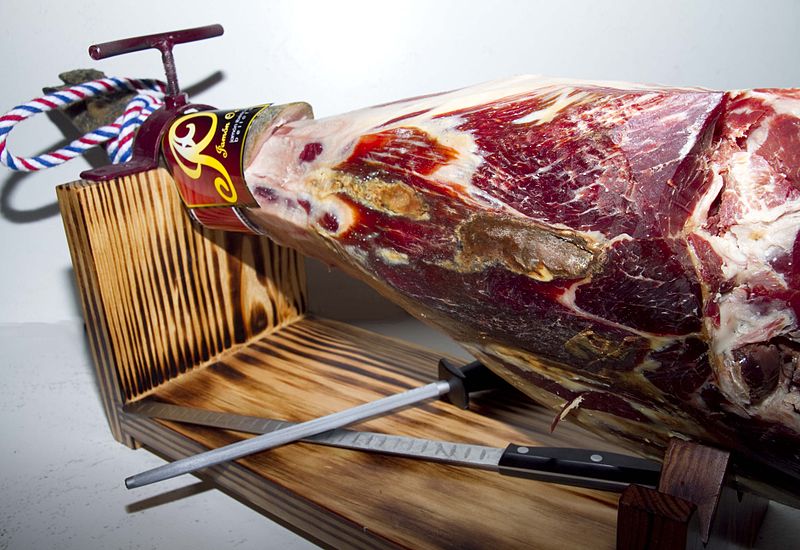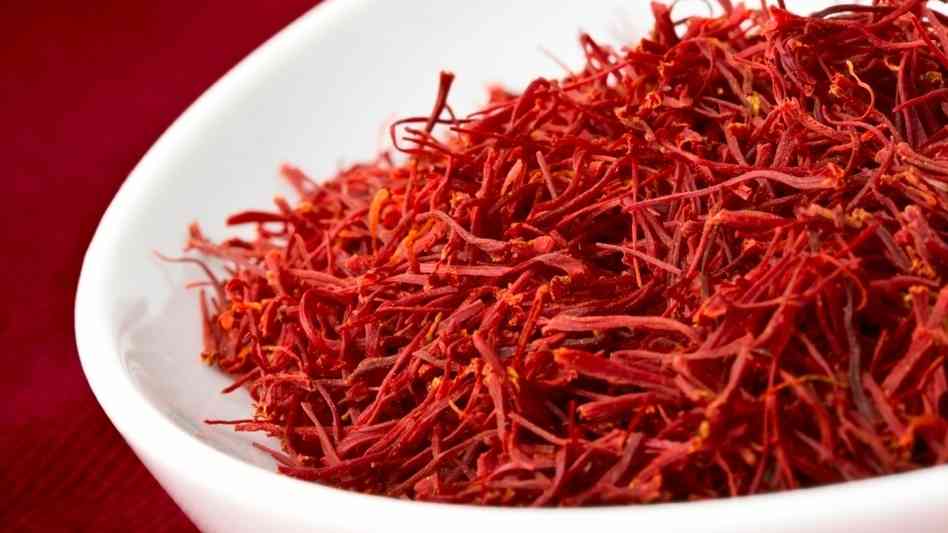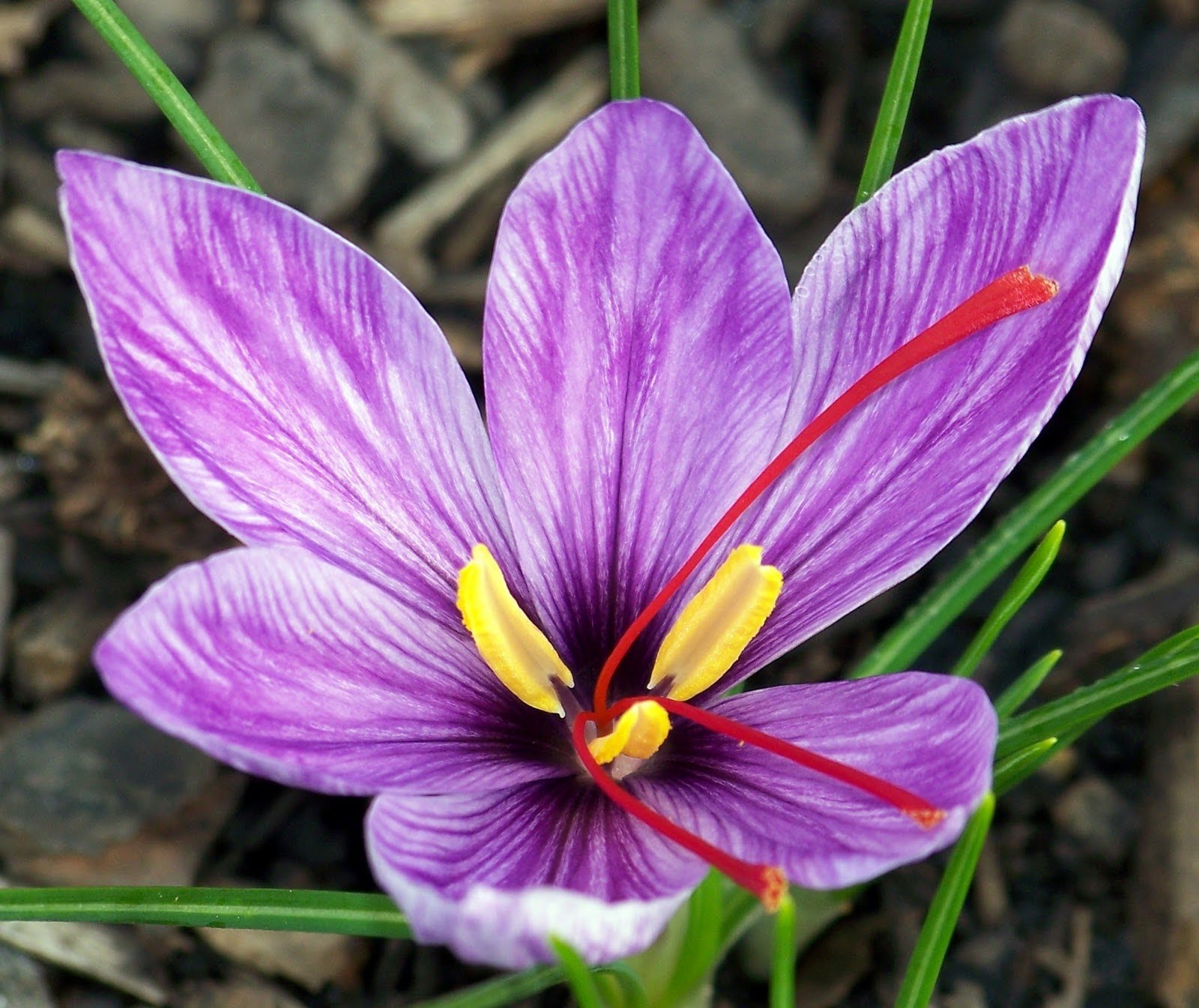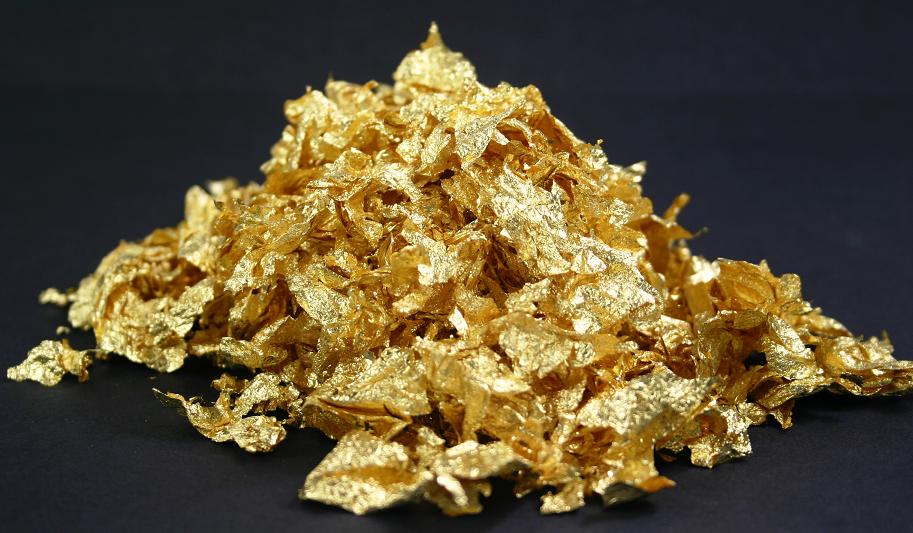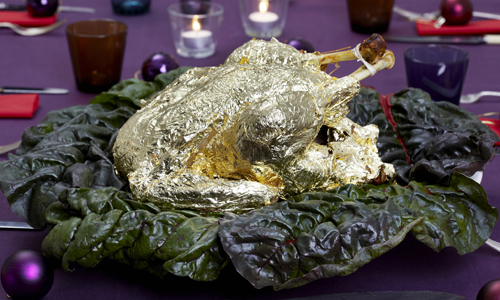15 Luxury Foods That Are So Expensive It'll Give You A Heart Attack
*clutches heart while stomach rumbles*
1. Kobe beef, valued at more than $780 (RM3,258) per kg in Japan
While Wagyu cattle are raised both in and outside Japan, the Kobe varietal which is raised specifically in the Hyogo prefecture is the most elite. Employing the most traditional production methods, Kobe beef comes from cows that are allegedly fed only beer and massaged by hand to ensure a tenderness and marbling beyond compare.
most-expensive.comKobe beef was only available exclusively in Japan prior to 2012. It was first exported to Macau in January 2012, then to Hong Kong in July 2012. Since then, it has also been exported to the US, Singapore, Thailand, and Canada.
2. Ayam Cemani or Indonesian Black Chicken, sold for $2,500 (RM10,443) per chicken or $199 (RM831) per chick
This Indonesian breed of chicken, which is highly coveted for being beautiful, exotic and obviously hard-to-get, is all black from its feathers and organs to its muscles and meat.
msn.com3. Pule (Serbian donkey milk cheese), valued at $1,092 (RM4,561) per kg
Pule is made only from donkeys' milk and it takes 25 litres of fresh milk to make a single kilogram, which will set you back a whopping €1,000, making it the world’s most expensive cheese. The Serbian farm, 50 miles west of Belgrade on an animal reserve is the only known manufacturer of the cheese in the world, with a herd of 130 donkeys that are all milked by hand. Donkey milk apparently has 60 times more vitamin C than cows milk and contains only one percent fat. It also boasts anti-allergen properties. The farm also bottles donkey milk and produced soap from the liquid.
4. Kopi luwak or civet coffee, valued at up to $3,000 (RM12,532) per kg outside of Indonesia
The Asian palm civet frequents coffee plantations, where it dines on only the best and ripest coffee cherries, before excreting the mellowed beans in a form visually not dissimilar to peanut brittle. After harvesting and careful processing, the coffee has a strong, rich flavour highly prized by coffee connoisseurs.
worldfoodist.comA cup sells for $30 (RM125) to $100 (RM417) in New York City and London, while 1 kg of roasted beans can fetch as much as $130 (RM543) in Indonesia and five times more overseas. The ultimate in caffeine bling is civet coffee packed in a Britannia-silver and 24-carat gold-plated bag, sold at the British department store Harrods for over $10,000 (RM41,775).
5. Beluga caviar, valued at $7,000 to $10,000 (RM29,242 to RM41,775) per kg
Consisting of salted roe (or eggs) of the beluga sturgeon Huso huso, Beluga caviar is the most expensive type of caviar available in the gourmet market. Don't be surprised if market prices spike up in the near future; overfishing has led to the beluga sturgeon being considered critically endangered.
The eggs range in colour from dark grey (almost black) to light grey, with the lighter coloured and most valued ones coming from older fish. An extremely rare pearly-white variety, called Almas (Russian for 'diamond') or Gawad (Persian for 'diamond'), is regularly sold for a whopping $34,500 (RM144,123) per kg and beautifully-packed in a 24-karat gold-plated tin. Almas is harvested from a rare albino sturgeon between 60 to 100 years old which swims only in the southern Caspian Sea of Iran.
The prized delicacy is traditionally handled with a spoon made of mother of pearl, bone, or other non-metallic material, as metal utensils could impart a metallic taste to the roe (hence ruining its taste).
6. Bluefin tuna, costs up to $7,700 (RM32,166) per kg. Expect to pay at least $25 (RM104) for a thin slice of bluefin tuna sashimi.
Wild-caught bluefin tuna, some as large as a car, can sell for hundreds of thousands of dollars at Tokyo’s Tsukiji fish market, but are also critically endangered.
Thankfully, farmed variants are also available. While most farmed animals taste distinctly inferior to the wild variety, connoisseurs of otoro sashimi – the pale, marbled, fatty belly slices that are the most prized parts of the tuna (maguro) – say farmed variants have even more fat than the wild type.
7. Black Densuke Watermelons, average selling price of $250 (RM1,044) each. The first harvested fruits of the year are often auctioned off, selling for up to $5,250 (RM21,931) per pop.
Black watermelons are rare items, especially the Densuke variety that is only grown in the northern island of Hokkaido in Japan. A harvest will typically yield only a few dozen fruits. What makes it special, aside from its rarity? Its hardness and crispness are just perfect, plus, the level of sweetness is just incomparable. A fruit that weighed 17 pounds once went for $6,100 (RM25,482).
In June 2008, one of the first harvested watermelons was sold at an auction for 650,000 yen (RM20,000), making it the most expensive watermelon ever sold.
8. Yubari King Melons, average selling price from $50 (RM208) to $100 (RM417) each. The first and perfectly spherical fruits of the year can be auctioned for as high as $20,000 (RM83,550) for a pair of melons!
The orange-fleshed Yubari King melons are coveted because of its proportion and sweetness. The fruit is considered a status symbol in Japan and are often presented as gifts. These items are so in demand that auctions are actually conducted for its purchase.
In 2007, a pair of Yubari king melons were sold for $16,149 (RM67,462) while two Yubari king melons were sold together for $20,186 (RM83,327) in 2008. Earlier this year, a pair of melons were sold for $12,111 (RM50,593).
9. Ruby Roman Grapes, a 700g bunch of 26 grapes was sold for 1 million yen or $8,074 (RM33,729) in July this year
Japanese farmer Tsutomu Takemori displays a cluster of recently-developed ‘Ruby Roman’ grapes at his vineyard in Kahoku city in Ishikawa prefecture, northern Japan in August 2008.
Image via AFPGrown and marketed entirely in Ishikawa Prefecture, Japan, the Ruby Roman is red in colour and each grape is about the size of a ping-pong ball. The first Ruby Roman grapes were sold in August 2008 for $807 (RM3,371) per 700g bunch. That's $26 (RM108) per grape! Said to be the most expensive variety of grapes, a single bunch of 26 Ruby Roman grapes at a weight of 700g were sold for 1 million yen, or $8,074 (RM33,729) in July 2015.
Ruby Roman grapes sold for a record high 1 million yen at auction, bought by the Hotel Nikko Kanazawa. pic.twitter.com/eRGwGr2pS9
— Mulboyne (@Mulboyne) July 9, 2015
10. Matsutake Mushroom, the Japanese variety is valued up to $2,000 (RM8,355) per kg
The mattake, or matsutake, mushroom is the most expensive mushroom in the world today. While the highly coveted mycorrhizal mushroom can be found in Japan, China, Korea, the United States, Canada, Finland and Sweden, the most popular is the one associated with the Japanese Red Pine. It is usually hidden under fallen leaves on the forest floor. While simple to harvest, it is extremely hard to find. The annual harvest in Japan is less than 1,000 tonnes.
11. Italian White Alba Truffle. Typically going for about $660 (RM2,757) per kg, rarer varieties can go as high as $52,250 (RM218,274) per kg or more in auctions.
Truffles wait on a silver platter to be sold at the International Truffle Auction in Alba, Italy.
Image via Angelica MarinExpensive truffles are notoriously pricey because they are difficult to cultivate. This makes them a true delicacy which some have called the king of all fungi. The Associate Press reported that a real estate investor and his wife from Hong Kong have paid $160,406 (RM670,096) for a gigantic Italian White Alba truffle which is reportedly the world’s most expensive ever. The most expensive truffle weighs in at 1.51 kg.
most-expensive.com12. La Bonnotte potatoes, sold for up to $708 (RM2,957) per kg
This potato, grown only on Noirmoutier, an island off the west coast of France, is produced on a small scale and hand-picked only once a year.
These potatoes can only be grown in the presence of a rare seaweed fertilizer in a climate shaped by the sea, a rare climate which can only be found on the island Noirmoutier in France.
13. Jamón Ibérico de bellota or Iberian Acorn-fed Ham, sold for at least $211 (RM881) per kg and cost up to $1,300 (RM5,430) for a pound of leg
Jamón Ibérico de bellota comes from a small area along the Spanish-Portuguese border, where the black Iberian pig is raised on a diet of nothing but acorns. This imparts a pure earthiness to the meat, not sullied by the consumption of any kind of meat, or spoiled food. These special pigs are also given a lifetime of free range in oak groves, where they walk or run around. This exercise strengthens the meat’s earthy flavor.
The hams, or hind legs, are salted for 2 weeks, then cured for 3 years. The Spanish prepare the meat by slicing it more thinly than bacon. It was not even exported to America until 2007, for no less than $96 per pound. One connoisseur described the taste as “absolutely beyond belief.”
14. Saffron, sold for $1,000 (RM4,177) to $11,000 (RM45,952) per kg
Saffron threads come from the stamens of a crocus, a flower which requires high maintenance. Each flower blooms for one week a year and produces only about three stamens, which must be picked by hand, hence the hefty price.
15. Edible gold leaf, estimated at $33,000 (RM137,857) to $110,000 (RM459,525) per kg. Eat this and you'll be literally s***ting gold. ;)
Tasteless and used in small quantities in forms of flakes or gold leaves, the edible gold is usually used as a decoration for other expensive foods or in drinks.
One gold-eating customer paid to cover an entire Christmas turkey with gold leaf. It is insanely popular around the time of the Oscars where people use it for drinks and to make Oscar-shaped cookies where gold, celebrities, and goodies gain certain attention.
